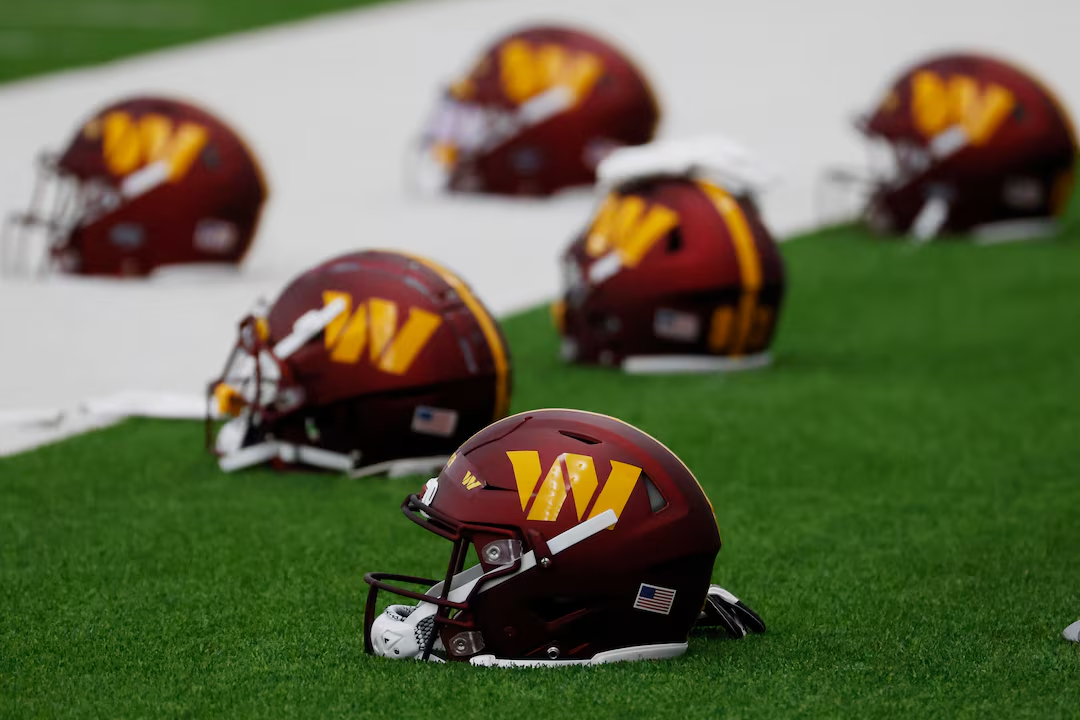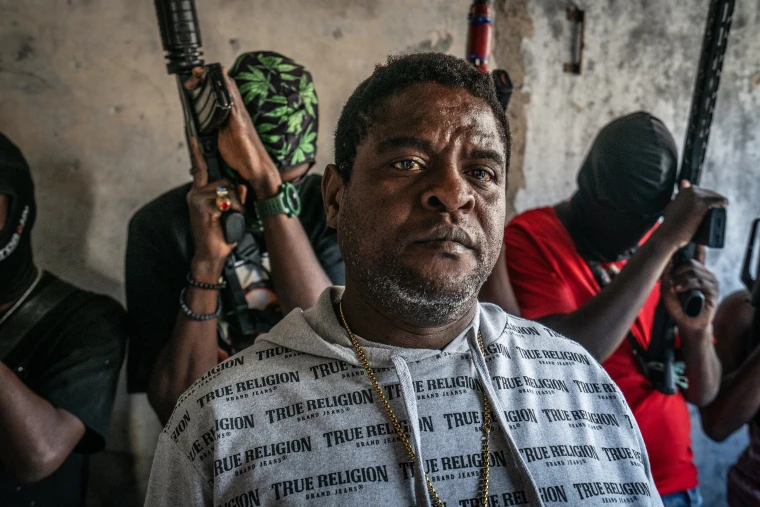Former President Donald Trump is once again injecting himself into the world of professional sports, this time by leveraging his political influence in an attempt to revive a controversial name. Trump recently made headlines by threatening to derail a proposed new stadium deal in Washington, D.C., unless the city’s NFL franchise reverts to its former name — the Redskins. His comments have reignited a fiery national debate about political influence in sports, cultural sensitivity, and the limits of nostalgia in a changing America.
The Stadium Deal and Political Pressure
The Washington Commanders, formerly known as the Redskins, are in talks to secure a new stadium in the District of Columbia. The project, which could include a multibillion-dollar investment and long-term lease agreements, is politically sensitive and requires approvals at both city and federal levels. The team currently plays at FedExField in Landover, Maryland, a facility often criticized for its outdated infrastructure and poor fan experience.
Trump, in a statement and various campaign stops, has declared that he would oppose the team’s move back into D.C. unless they restore the “Redskins” name. The timing of his declaration is strategic, as the Commanders are negotiating with local and federal lawmakers to pave the way for a new stadium on the site of the old RFK Stadium — a property owned by the federal government.
His threat effectively ties the fate of the team’s long-term future in the nation’s capital to the reversal of a cultural and corporate decision made under immense public pressure. While Trump does not hold public office, his influence over certain Republican lawmakers and his persistent presence in American political discourse gives his statement weight, particularly in right-leaning congressional districts.
A Controversial Name with a Complicated Past
The term “Redskins” was retired in 2020 after years of protests and pressure from Native American groups, social justice activists, and corporate sponsors. Critics argued that the name was a racial slur that had no place in modern society. The team eventually rebranded as the Washington Football Team temporarily before adopting the name “Commanders” in 2022.
Many Native American tribes, scholars, and advocacy groups viewed the change as long overdue. The original name had been a source of pain and offense for decades. Meanwhile, a faction of the team’s fanbase remained loyal to the Redskins identity, associating it with decades of tradition and iconic moments in franchise history.
Trump has positioned himself as a defender of that nostalgia, framing the name change as an example of “woke culture” run amok. In his recent remarks, he argued that “nobody was offended by the Redskins name until the radical left decided to be.” His assertion ignores decades of documented protests and petitions by Native communities, but it resonates with a segment of Americans who feel alienated by rapid social change.
The NFL Stays Silent — For Now
The NFL has not officially responded to Trump’s threat. The league, which approved the name change in 2020, has attempted to avoid becoming a battleground for political culture wars in recent years, despite previous controversies involving player protests and vaccine mandates.
Privately, league executives are likely concerned about any political interference in stadium deals, which typically involve complex public-private partnerships and zoning approvals. Bringing Trump into the equation adds volatility to an already sensitive situation.
Moreover, reverting to the Redskins name would require NFL approval, corporate sponsor support, and public goodwill — all three of which may be hard to secure in today’s climate. The team’s new ownership, led by Josh Harris, has also shown no indication of revisiting the past name. The Harris group purchased the Commanders from Dan Snyder, whose tenure was marred by scandals, lawsuits, and widespread criticism. Reverting to the old name would tie the new leadership to Snyder-era controversies many fans and executives want to leave behind.
Political Calculations and Cultural Messaging
Trump’s threat is not just about football. It’s part of a broader political strategy aimed at appealing to voters who feel that American traditions are under attack. By invoking the Redskins name, Trump taps into a potent mix of sports nostalgia, cultural identity, and political grievance — a tactic he has employed throughout his political career.
In campaign-style speeches, Trump has linked the name change to a larger narrative about “cancel culture,” drawing applause from supporters who view such changes as unnecessary and politically motivated. Whether he truly expects the team to reverse its decision or simply wants to score political points remains an open question.
Yet, the risk in such rhetoric is real. Turning a major infrastructure project into a political litmus test may alienate moderate voters and delay development plans that could benefit the D.C. community. Local officials have expressed frustration that an opportunity to revitalize the RFK site is being hijacked by culture wars.
What Comes Next?
The future of the Washington Commanders’ stadium plans remains uncertain. City officials, federal regulators, NFL executives, and community leaders all have roles to play. Trump’s ultimatum complicates an already delicate negotiation process, injecting ideology into what should primarily be a business and community development decision.
Whether his pressure will shift the team’s course or stall the stadium deal remains to be seen. For now, it’s clear that sports are once again a proxy battlefield in America’s broader cultural and political divide. And in typical Trump fashion, he has managed to position himself squarely in the center of the storm — commanding attention, fueling controversy, and reshaping the narrative to fit his agenda.




